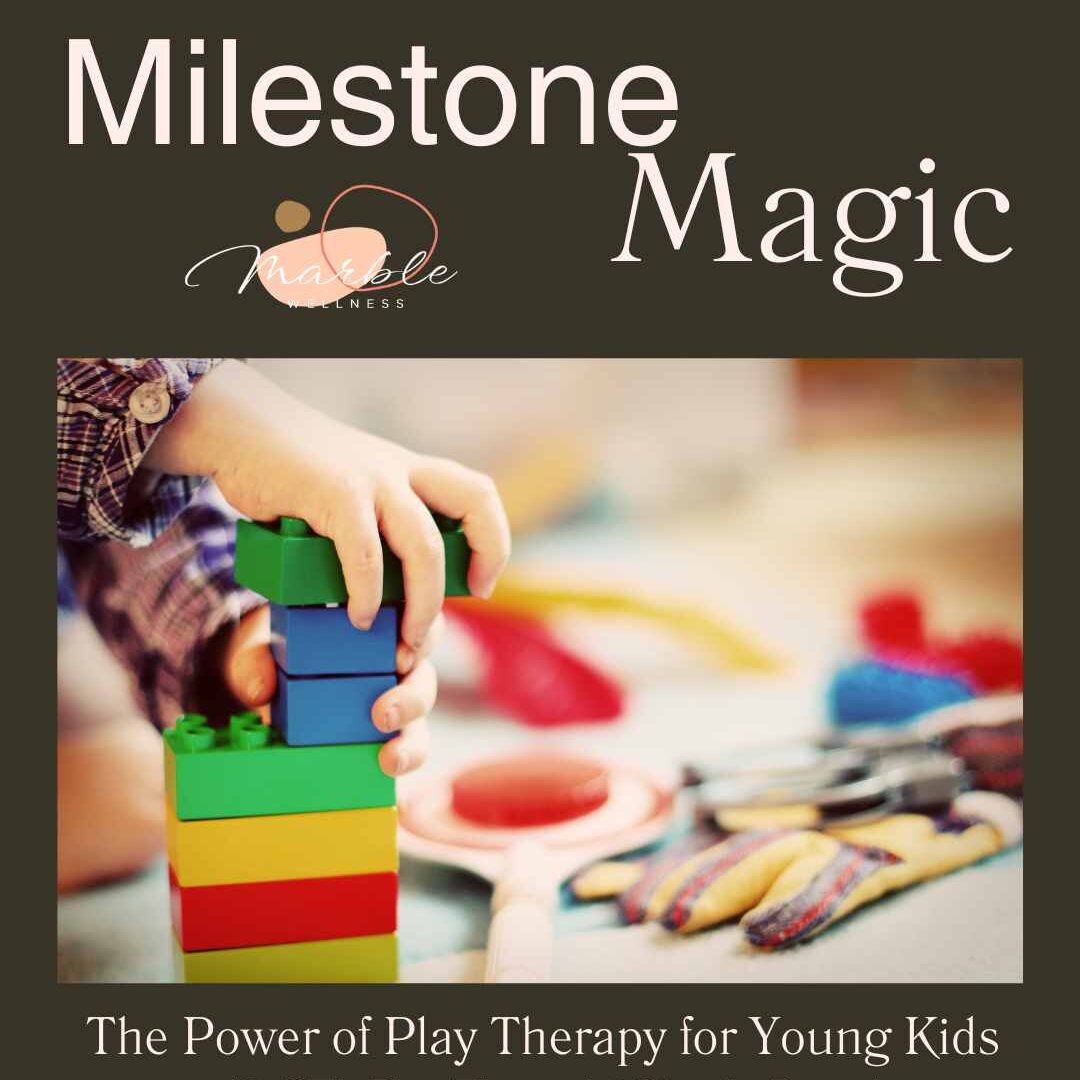Summer in St. Louis brings sunshine, pool days, and the sweet scent of barbecue—but for parents in Kirkwood, Frontenac, and St. Charles, it also comes with a challenge: creating a rhythm that works for toddlers, teens, and everyone in between. How do you honor your preschooler’s need for play-based learning while giving your tween space to explore independence? How do you keep screen time from hijacking the season while still allowing downtime? Let’s dive into a comprehensive, age-by-age guide to crafting a summer that’s equal parts structure and spontaneity, with actionable strategies tailored to every developmental stage.
Why Balance Matters: Building a Summer Framework That Bends Without Breaking
Think of a balanced summer schedule like a trampoline—it provides enough structure to keep kids grounded but enough flexibility to let them soar. Without it, you risk either chaos (cue the 3 p.m. “I’m bored!” chorus) or burnout (overscheduled kids and parents).
The Benefits of Intentional Planning:
- Reduces Decision Fatigue: A loose routine eliminates daily negotiations over activities.
- Encourages Growth: Blending free play with skill-building prevents summer learning loss.
- Fosters Family Connection: Shared rituals create lifelong memories, whether it’s Friday night stargazing at Babler State Park or Tuesday morning pancake cook-offs.

Toddlers and Preschoolers (Ages 2-5): Play-Based Learning in Short, Sweet Bursts
For little ones, summer is less about schedules and more about sensory-rich experiences that spark curiosity.
Short, Varied Activities That Match Their Attention Span
Instead of hour-long outings, think 20-minute “micro-adventures”:
- Nature Scavenger Hunts: Head to Queeny Park with a checklist of textures (find something smooth, something bumpy) or sounds (listen for bird calls).
- Water Play Stations: Set up a kiddie pool, sprinkler, and DIY “water wall” using recycled bottles and funnels. Rotate stations every 15 minutes to maintain interest.
Learning Through Play: Everyday Moments as Teachable Opportunities
- Laundry Day Math: Sort socks by color or count how many shirts go into the washer.
- Grocery Store Science: At Dierbergs, Trader Joe’s, or Schnucks, compare weights of produce or discuss where foods come from.
Nap and Rest Times: Non-Negotiable Recharge Blocks
Even if your child outgrows naps, protect quiet time:
- Calm-Down Corner: Stock with board books, stuffed animals, and a mini trampoline for gentle movement.
- Audio Storytime: Stream free recordings from the St. Louis County Library’s summer program.
Elementary School Kids (Ages 6-11): Adventure, Learning, and Just Enough Freedom
This age group thrives on novelty but still craves the security of routine.
The 50/50 Rule: Balancing Structured Activities with Free Play
- Morning Learning Blocks: Use educational apps or workbooks for 30 minutes, followed by a reward (e.g., “After math practice, we’ll bike to the park”).
- Local Workshops: Enroll in Magic House’s “Super Science Saturdays” or Chesterfield Arts’ pottery classes to spark new interests.
Family Outings That Double as Stealth Learning
- History Alive!: Visit Ulysses S. Grant National Historic Site and role-play as Civil War-era shopkeepers.
- Farm-to-Table Days: Pick berries at Eckert’s Farm and bake a pie together, discussing fractions and food science.
Tweens and Teens (Ages 12-17): Cultivating Independence Without Losing Connection
Older kids want autonomy but still need guardrails—and occasional nudges to unplug.
Part-Time Jobs and Volunteering: Building Responsibility
- Neighborly Help: Encourage lawn mowing, babysitting, or pet care for families in your Ballwin or Chesterfield neighborhood.
- Skill-Based Volunteering: Have a tech-savvy teen? Partner with St. Louis OASIS to teach seniors how to use smartphones.
Passion Projects: Turning Interests into Summer Achievements
- DIY Business Ventures: Help your teen launch an Etsy shop selling handmade jewelry or custom sneakers.
- Creative Challenges: “Learn Guitar in 30 Days” using YouTube tutorials or write a short story for The St. Louis Writers Guild’s youth contest.
Creating a Flexible Family Schedule: Teamwork Makes It Work
Involve every family member in crafting a plan that respects individual needs and collective goals.
Weekly Family Meetings: The Sunday Reset
- Highlight Reel: Have each person share their favorite moment from the past week.
- Activity Voting: Let kids choose one outing (e.g., The St. Louis Zoo vs. City Museum) and parents pick another.
Daily Rhythm, Not Rigidity
- Anchor Points: Fix meal times and a nightly family walk, but leave afternoons open for spontaneity.
- Visual Schedules: Use a whiteboard with color-coded blocks for “Must-Dos” (chores), “Want-Tos” (play), and “Family Time.”
Managing Screen Time Without the Meltdowns: Age-Appropriate Strategies
Screens aren’t the enemy—but boundaries are essential.
Toddlers and Preschoolers: Quality Over Quantity
- Curated Content: Stick to PBS Kids or Khan Academy Kids for ad-free, educational shows.
- Co-Viewing: Watch together and ask, “What do you think happens next?”
Elementary Kids: Teach Mindful Usage
- Tech Time Tokens: Give 5 tokens (each = 30 minutes) to spend on apps per week. Saving tokens? Reward with extra pool time.
- Creative Tech: Use Stop Motion Studio to animate LEGO scenes or GarageBand to compose summer-themed songs.
Tweens/Teens: Collaborative Boundaries
- Phone-Free Zones: Dinner table, family outings, and bedrooms after 9 p.m.
- Media Agreements: “For every hour on TikTok, you’ll spend 30 minutes on a hobby or chore.”
Adapting Your Plan as Summer Evolves
A great summer schedule is like a garden—it needs regular pruning and occasional replanting. If your toddler suddenly becomes obsessed with bugs, add a weekly “Bug Safari” to Shaw Nature Reserve. If your teen lands a lifeguarding job, adjust their chore list accordingly.
This summer, aim for “good enough,” not perfect. Celebrate the small wins—like a peaceful morning routine or a screen-free hike at Castlewood State Park. With a flexible plan and a dash of creativity, you’ll build a season that’s rich in growth, connection, and just enough lazy hammock afternoons.
Start Therapy in the St. Louis Area
At Marble Wellness, we understand that family dynamics shift daily. Our therapists in St. Louis and St. Charles specialize in helping parents navigate sibling conflicts, motivation slumps, and the art of letting go as kids grow. Not only do we have a team of therapists in Ballwin, MO, but we have also recently expanded to serve the Lake St. Louis and Wentzville area! Reach out to our Client Care Coordinator today to discuss your therapy options, both in-person and via online therapy in Missouri.
Contact Us!
Learn About Our Group Offerings

Additional Counseling Services at Marble Wellness in St. Louis, MO
Marble Wellness Counseling services are designed to help set you on a path of living a more fulfilled, calm, and happy life. Our St. Louis area therapists have a variety of training backgrounds and areas of expertise. We specialize in anxiety, depression, grief, chronic illness, therapy for men, couples, and maternal overwhelm. Our practice also helps new moms with various postpartum concerns, moms in the thick of parenting, and moms with teens. We can also chat from wherever you are in the state with online therapy in Missouri. No matter where you are in your journey, we are here to help you thrive!





